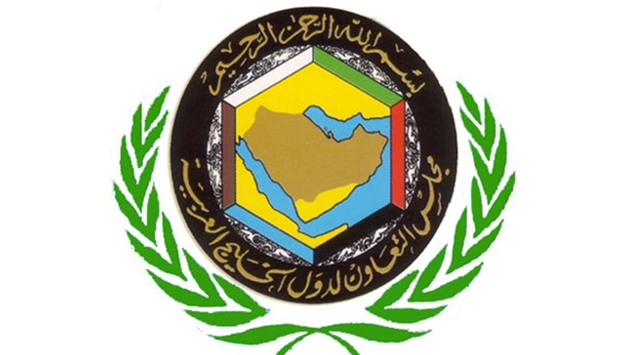Budget deficits (in the GCC) are likely to stay over $100bn each year until 2021, requiring the regional economies to recalibrate their growth strategies, Kamco said in a report.
Lower oil receipts and spending gaps would also mean that Saudi Arabia would incur large budgetary gaps, and is expected to contribute to about 55% of the budget deficits of the region in 2016, it said.
Current account balance for the GCC is also expected to worsen in 2016, as the overall deficit is expected to reach 6.6% of GDP (gross domestic product), it added.
Expecting recalibration of growth initiatives in the region to spill over to 2017, Kamco estimates GDP for the GCC region to drop by 2.2% year-on-year this year, lower than each of the previous five years; even as GDP for region is expected to grow during 2017-21.
The drop in overall output as a result of lower oil GDP has also triggered various spending controls for both current and capital spending from the various GCC economies, the report said, highlighting that Saudi Arabia’s review for cancellation of $20bn of projects, to augment better fiscal stability.
"Similar measures along with slashing budgets are being studied across GCC countries, the implementation of which is mostly likely to spill over to 2017, as per our expectations," it said.
Finding that monetary indicators such as inflation and liquidity in the region are still broadly "positive," the report said the general price level trends reported for the first half of this year suggested that consumer prices were broadly positive across GCC countries as inflation ranged between 1% and 3% at the end of June this year. "Inflation in the GCC for 2016 is expected to come in at 2.8%," it added.
Data on credit disbursed across the GCC was also “positive” in the early part of the year, as quarterly lending grew by 1% to 2% on an average, it said.
Observing that Qatar and Kuwait are ranked "safest" economies in the GCC as per the international credit ratings agencies; Kamco said amongst the prominent sovereign ratings action witnessed during the second quarter of this year was Saudi Arabia’s ratings downgraded by Moody’s ('Aa3' to' A1') and Fitch ('AA' to 'AA-'), mainly on account of lower oil prices and resultant deteriorating government finances.
Lower oil receipts and spending gaps would also mean that Saudi Arabia would incur large budgetary gaps, and is expected to contribute to about 55% of the budget deficits of the region in 2016, it said.
Current account balance for the GCC is also expected to worsen in 2016, as the overall deficit is expected to reach 6.6% of GDP (gross domestic product), it added.
Expecting recalibration of growth initiatives in the region to spill over to 2017, Kamco estimates GDP for the GCC region to drop by 2.2% year-on-year this year, lower than each of the previous five years; even as GDP for region is expected to grow during 2017-21.
The drop in overall output as a result of lower oil GDP has also triggered various spending controls for both current and capital spending from the various GCC economies, the report said, highlighting that Saudi Arabia’s review for cancellation of $20bn of projects, to augment better fiscal stability.
"Similar measures along with slashing budgets are being studied across GCC countries, the implementation of which is mostly likely to spill over to 2017, as per our expectations," it said.
Finding that monetary indicators such as inflation and liquidity in the region are still broadly "positive," the report said the general price level trends reported for the first half of this year suggested that consumer prices were broadly positive across GCC countries as inflation ranged between 1% and 3% at the end of June this year. "Inflation in the GCC for 2016 is expected to come in at 2.8%," it added.
Data on credit disbursed across the GCC was also “positive” in the early part of the year, as quarterly lending grew by 1% to 2% on an average, it said.
Observing that Qatar and Kuwait are ranked "safest" economies in the GCC as per the international credit ratings agencies; Kamco said amongst the prominent sovereign ratings action witnessed during the second quarter of this year was Saudi Arabia’s ratings downgraded by Moody’s ('Aa3' to' A1') and Fitch ('AA' to 'AA-'), mainly on account of lower oil prices and resultant deteriorating government finances.


